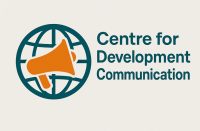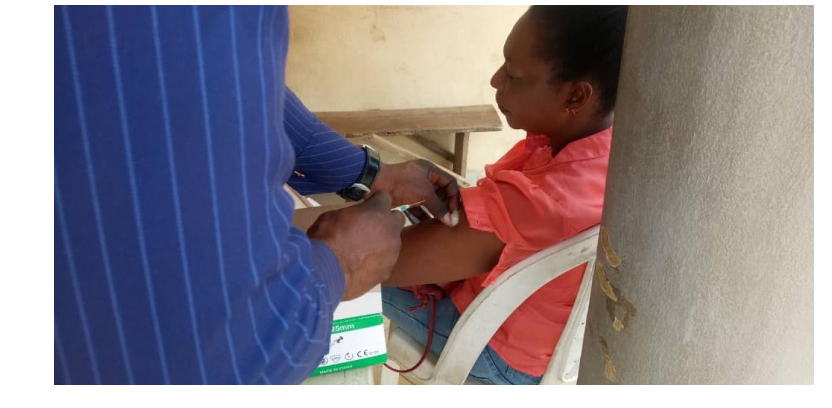Women and children bear the huge burden of rising healthcare inequality that is predominant among the urban poor and rural communities.
Healthcare inequality happens when some citizens have more access to healthcare delivery than others. And, this happens as a result of income disparity between the rich and the poor.
The fundamental reason healthcare inequality has continued to soar in Nigeria is the collapse of a public healthcare system which has led to dependent on the private hospital for healthcare delivery. And, in addition, is growing poverty among Nigerians and a high inflation rate.
Nigeria in the last eight years has recorded a high poverty rate with the latest figure from the National Bureau of Statistics (NBS) revealing that 133 million citizens now live in extreme poverty.
And, a huge number of citizens that fall under the 133 million in extreme poverty cannot afford food making their healthcare a secondary alternative in their survival list.
In the MAWA-Foundation Community Voice Project, where our officials visit rural communities to examine the state of healthcare, we found that women and children are the worst hit by the healthcare inequality that has led to a high infant mortality rate in many of the villages.
Mrs. Onoja, a senior health worker in a public hospital in Kogi State, speaking to MAWA officials, pointed out that women and children are the worst hit in Nigeria’s growing healthcare inequality.
“What many do not know is that women and children are the most hit in Nigeria’s growing healthcare inequality,” Onoja said.
“The poor and low-income earners suffer healthcare inequality the most, and because women are dominant in the low-income category, they and their children are the worse hit” Onoja added.
Healthcare inequality has continued to soar even as Nigeria has the National Health Insurance Scheme (2004) that has since been repealed by the National Health Insurance Authority Act. This legislation provides for compulsory health insurance coverage for all Nigerians and legal residents. This no doubt appears to be an ambitious effort by the Nigerian state to achieve Universal Health Coverage.
Also, there exists, the National Primary Health Care Development Agency (NPHCDA) which was established to improve the effectiveness and efficiency of primary healthcare delivery in Nigeria and promote inclusive access to quality healthcare for all Nigerians regardless of who or where they are.
In the year 2006, the Nigerian state in an effort to address her healthcare challenges put in place a National Health Promotion Policy (NHPP). An initiative meant to strengthen, promote and ensure quality healthcare for the citizens.
Tall as these interventions are, Nigeria’s health sector has continued to worsen, with high healthcare inequality as an apparent consequence that now needs urgent efforts to address.
Interestingly, in spite of the Nigeria state’s claim to have rolled out policies, and legislations that allow for quality healthcare delivery for her citizens, only 5.75% was allocated to the health sector in the 2023 proposed budget.
Visits to some rural communities across Nigeria show a huge healthcare inequity while women and children are the worse hit. And, to address this challenge, the Nigerian state must make huge investments in healthcare delivery.
—- Audu Liberty Oseni, Coordinator MAWA-Foundation liberty@mawafd.org

